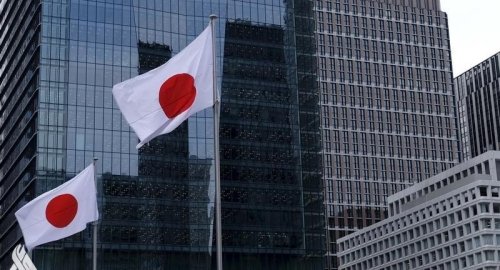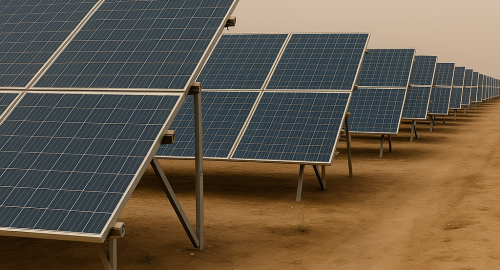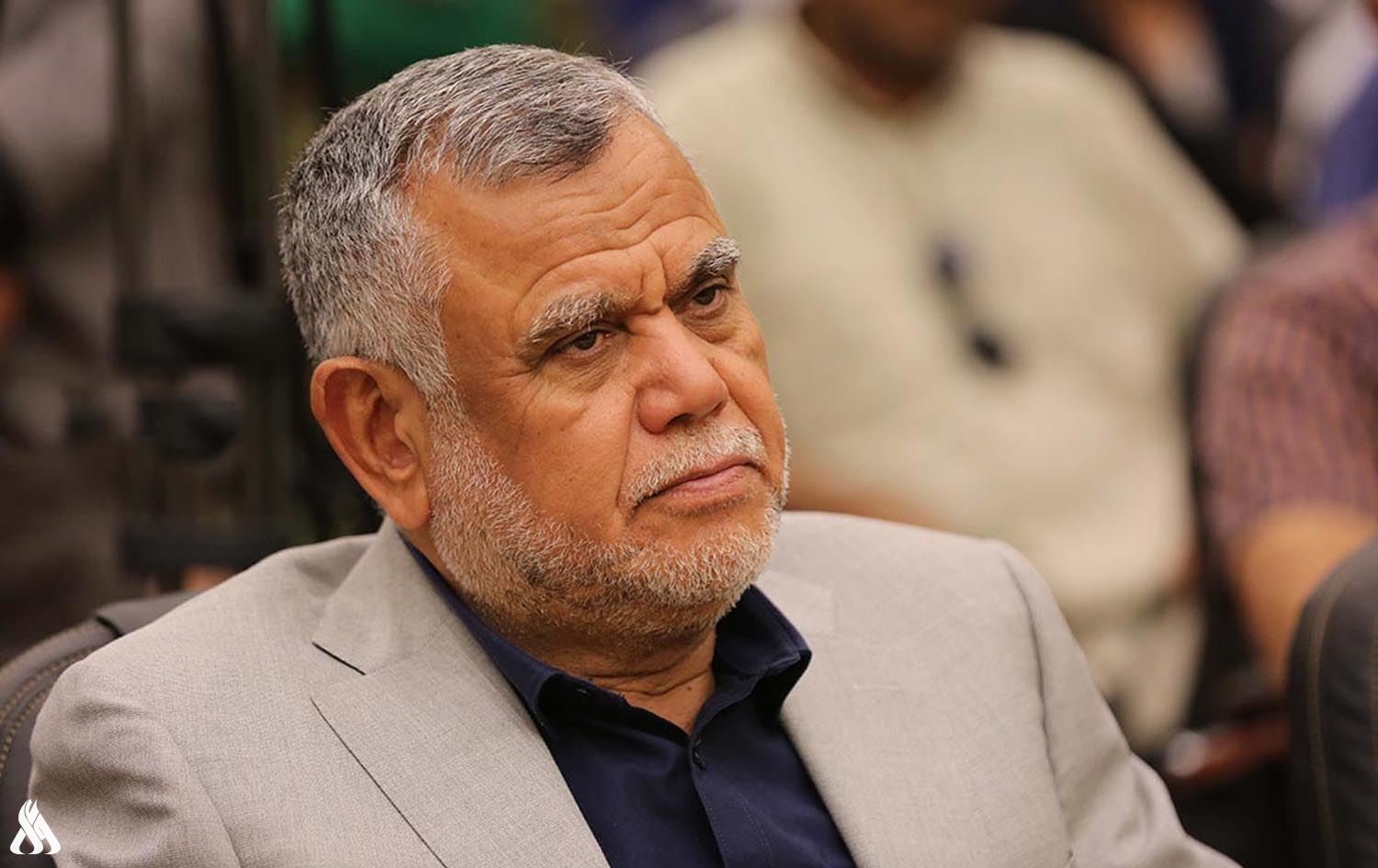
Japan's GDP shrank 0.2% in Q1 on inflation, omicron wave

- 18-05-2022, 09:51
INA- sources
Japan's economy shrank in the first quarter of 2022, as it continues to swing between growth and contraction.
Accelerating inflation and a surge in cases of the omicron COVID variant in the January to March period contributed to a 0.2% drop in the country's inflation-adjusted gross domestic product from the previous quarter. Data from the Cabinet Office on Wednesday showed the economy shrank at annualized rate of 1.0%.
The result was slightly better than the median forecast for a 0.3% quarterly decline in a survey of 36 economists by the Japan Center for Economic Research. If the effects of inflation are excluded, the economy grew 0.1%.
The world's third-largest economy has contracted in three of the last five quarters and has yet to return to its pre-pandemic output level. During most of the first quarter, Japan imposed economic restrictions on much of the country as it sought to stem its biggest wave of COVID-19 infections. Many people refrained from shopping or dining out, leading to flat private consumption.
Many economists had feared a deeper slump in private consumption in the first quarter, but the omicron wave peaked in February, allowing consumption to rebound in March.
The household sector was also hit by rising food and energy prices stemming from Russia's invasion of Ukraine on Feb. 24.
"The positive reading in nominal GDP indicates people did spend more money, but that was due to higher prices, not due to bigger purchase volumes," said Toru Suehiro, a senior economist at Daiwa Securities.
To cushion the blow from inflation, Prime Minister Fumio Kishida's government on Tuesday approved a 2.7 trillion yen ($21 billion) fiscal spending program, comprising gasoline subsidies and cash handouts to low-income families. The Bank of Japan is bucking the global monetary tightening trend, keeping the cost of credit at rock-bottom for businesses and households.
Another drag on the economy was sluggish exports. "Export growth was held back by weak auto demand in China," Suehiro said. Imports, meanwhile, grew, apparently due to purchases of vaccine booster shots.
Cabinet Office data shows that as of the end of March, the nation's GDP was 0.7% short of the pre-COVID level in 2019.
Japan is not alone in suffering the effects of the Ukraine war and rising prices. The U.S. economy shrank 0.4% on a quarterly basis in the first quarter; the Eurozone eked out 0.3% growth; and China's GDP growth slowed to 1.3%. The International Monetary Fund last month lowered its forecast for global economic growth this year to 3.6% from 4.4%.
Japan's economy is expected to grow 1.3% in the current April to June quarter, according to the JCER survey, following the lifting of COVID restrictions on March 21. But the outlook for the rest of year is uncertain due to global inflation, the war and lockdowns in China.
"It is difficult to expect strong export growth for the rest of the year," as China prioritizes containing COVID outbreaks before the Communist Party national congress in the autumn, said Yuichi Kodama, chief economist for Meiji Yasuda Research Institute. But Kodama added that solid U.S. growth is expected to undergird external demand.
Meanwhile, pent-up demand is likely to lead to rebound in domestic consumption [to pre-COVID levels] during the second quarter, but will later be offset by inflation, he added.
The Cabinet Office data shows that during the first quarter, employee compensation rose 0.7% from the previous quarter in nominal terms, but declined 0.4% when adjusted for inflation.
Wheat prices, which are set by the government twice a year, are likely to increase by 30% to 40% in the next review in October, Kodama warned. "The government may need to come up with another supplementary fiscal program, this time targeted at food prices."
Valencia knocks out Real Madrid in La Liga
- Sport
- 09:09
Italy Warns of Escalating Tariffs with Washington
- International
- 06:43
Al-Amiri warns of any war between Iran and the US
- politics
- 25/04/01
ChatGPT temporarily down due to pressure from cartoon trend
- Articles
- 25/03/30












